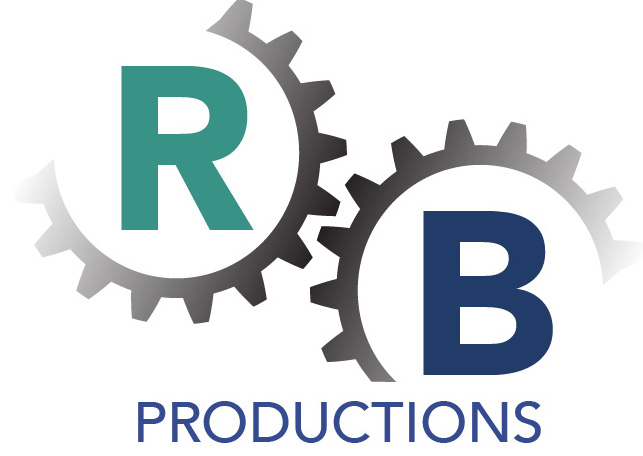Searching for the Leonardo in Each of Us
I’m currently in the midst of Walter Isaacson’s fascinating new biography of Leonardo da Vinci and I’m truly enjoying learning about this genius of the ages, a man of innumerable talents and interests. Isaacson points out several of Leonardo’s characteristics that I think may be applicable, in varying degrees, to us mere mortals.
- An unquenchable curiosity about the world. Leonardo was fascinated by everything, from human anatomy to the waves on the sea, and this curiosity led him to investigate every aspect of his world, both natural phenomena and things of human origin. He was an artist but also a scientist, and he felt it incredibly natural that these two disciplines should comprise and complement each other. We too should foster and expand our levels of curiosity, because that’s what ultimately drives learning, and creativity too. Just take a look at where Leonardo’s curiosity led him.
- A supreme observer. Leonardo would observe seemingly simple activities with incredible attention to detail, and make extensive notes for further thought and analysis. Isaacson cites the example of Leonardo’s notes about a bird in flight, and how Leonardo recorded in his notebooks detailed accounts of a bird’s flight, from the flapping of the wings to gain forward thrust to the delicate maneuvers made at landing. Such observations skills would suit us well today when we tend to take so much for granted.
- An infusion of creativity and fantasy with reality. Isaacson points out how fantasy is evident in many of Leonardo’s painting, especially in his paintings with outdoors backgrounds that depict gardens and scenery of almost unworldly beauty. I find it interesting how this same sort of reality/imagination blending is happening today in virtual and augmented reality applications. Leonardo was obviously ahead of his time; almost 500 years ahead it would seem.
The other thing I’m gaining from the book is a sense of Leonardo’s humanness and accompanying shortcomings. He was perfectionist to the point of counter-productivity, (Did you ever meet someone like that? I have.) constantly reworking his paintings and ideas for years at a time, never satisfied that they were done. He spent years working out the design and casting of a monumental equestrian bronze for one of his clients and the project never proceeded past the clay model stage (that model was unfortunately used for target practice by some rowdy soldiers and was destroyed). Several of his other paintings were left unfinished, and the number of paintings definitely attributed to him is a meager 20 or so, (which nonetheless earned him his place as one of the greatest painters of all time). Leonardo also tended to procrastinate (at least I have one attribute in common with him) and he had a tendency not to finish what he started. I reckon that when someone has so many interests it’s impossible to maintain focus on any one thing for long before moving on to something else.
We all can’t be a Leonardo da Vinci, in fact none of us can. But we can certainly take some of Leonardo’s admirable qualities of unbounded curiosity, keen observation, and a creative approach to reality to make our world a better and more satisfying place. I’d be interested in your thoughts along these lines, especially if you’re reading Isaacson’s book right now like I am.
RB
